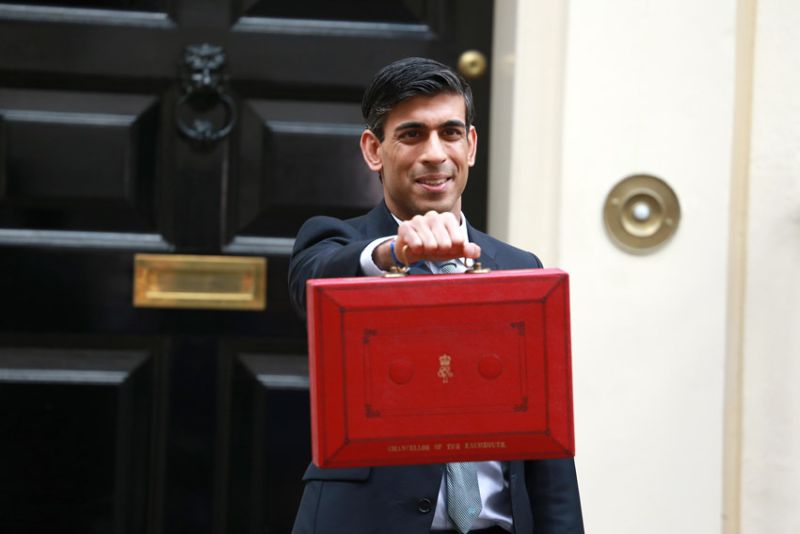30
March 2022
How Sunak’s announcements will affect your finances
Last week, Rishi Sunak laid out a mini budget to address the cost of living crisis. Concerns about rising prices have been growing for some time, and there has been government support, calls for further action have been steadily growing louder.
There were four main changes announced by Sunak which may have consequences for your finances in the short-term:
National Insurance
Out of all the upcoming squeezes on household finances, the National Insurance hike was causing one of the biggest headaches for the government. Announced last year and to go ahead this April, a 1.25% increase was touted as a means to plug some of the gaping financial holes left by the pandemic.
However, as the cost of living steadily grew, the government has come under increased pressure to scrap it. But rather than do this, they chose to increase the salary amount at which National Insurance is paid.
This means that from April 1st, we will still be paying an extra 1.25% in contributions. However, the threshold at which we start making contributions will rise by £3,000, to £12,570, from July.
As there are two separate factors at play here, the permutations can be a little complex. However, the main takeaway is that lower to middle-income households will be paying less, and higher earners more.
See below for a breakdown of how much more or less National Insurance you will pay under the new rules, based on your annual income:
- £20,000: - £178
- £30,000: - £53
- £50,000: + £197
- £80,000: +£572
Fuel duty
For quite some time now, fuel prices have been creeping up, and are currently sitting at around £1.70 per litre. To address this, the government will be slashing fuel duty by 5p per litre.
Unfortunately, this will not have a huge impact unless you spend a lot of time on the road, with the cost of filling up a 55-litre car only dropping by around £3. This is only expected to run until March 2023.
Tax cuts for energy-saving materials
The price of energy has been the biggest influence on rising living costs by some measure. Gas and electricity bills are set to go up by 54% in April, which will result in the average UK household spending roughly £700 extra per month.
Some measures have already been taken to mitigate this, but the government is also very keen on improving the energy efficiency of homes. Not only does this help reduce costs, but it also converges nicely with the UK’s net-zero aspirations.
That is why Sunak is removing the 5% tax rate on any materials that help make homes greener. This tax cut will last for five years.
Exactly how much you can expect to save will of course depend on what installations you choose. Insulation, for example is relatively cheap, so a 5% break is unlikely to make much of a difference. However, installing solar panels and heat-pumps costs thousands of pounds, and might be more appealing with a 5% discount.
It’s important to note that you will only receive a discount on the actual materials, with installation/labour costs not impacted.
Household Support Fund
The Household Support Fund was announced in September last year to help homes that were struggling from rising costs. While £500m was originally set aside, this has now been doubled to £1bn.
Support is made available through local authorities, who will be establishing their own eligibility criteria based on the requirements in their area. The fund is available in the form of one-off payments between £150-£200.
If you want to apply, you will need to do so on your local council’s website.





